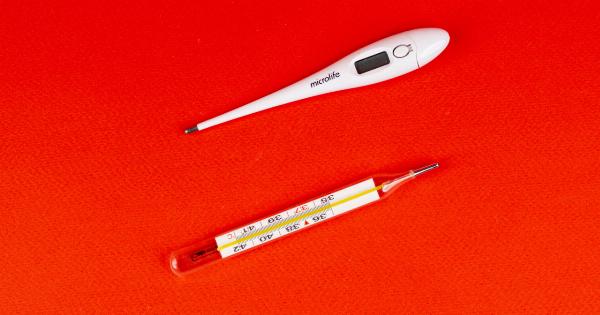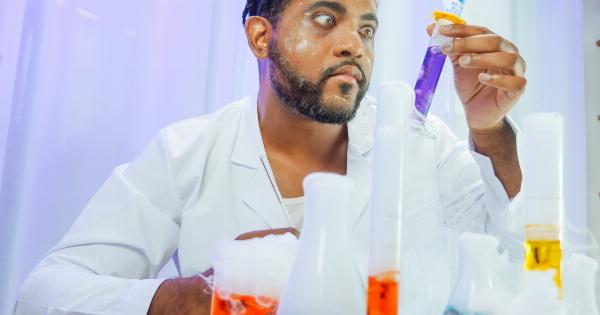Infertility is a condition that affects millions of people worldwide, and there are several common causes of this condition, such as age, medication, hormonal imbalances, and various health issues.
While many people understand these common causes, there is an unlikely cause that often goes unnoticed. In this article, we will explore this uncommon cause of infertility.
Hormonal Imbalances: Are They Really the Culprit?
One of the most common causes of infertility is a hormonal imbalance. However, many people mistakenly believe that hormonal imbalances are the only reason for infertility.
While it is true that hormonal imbalances can make conception difficult, there is another factor that people often forget to consider: the impact of environmental toxins.
What Are Environmental Toxins?
Environmental toxins are chemicals or substances that are present in our environment that can negatively affect our health. These toxins come from a variety of sources, such as pollution, herbicides, pesticides, and heavy metals.
Some of the most common environmental toxins include:.
- Lead
- Mercury
- Arsenic
- Cadmium
- Polycyclic Aromatic Hydrocarbons (PAHs)
- Dioxins
How Do Environmental Toxins Affect Fertility?
The presence of environmental toxins in our bodies can have a significant impact on our fertility. These toxins can affect the reproductive system in a number of ways, such as:.
- Disrupting hormone levels
- Impairing sperm quality and motility
- Increasing the risk of miscarriage
- Reducing egg quality
- Disrupting the menstrual cycle
For example, lead exposure has been shown to reduce sperm count and motility, while exposure to polycyclic aromatic hydrocarbons (PAHs) has been linked to problems with ovulation and reduced fertility in women.
How Do We Get Exposed to Environmental Toxins?
Unfortunately, exposure to environmental toxins is almost unavoidable. We are exposed to these toxins every day, through the air we breathe, the food we eat, and the water we drink. However, some people are more at risk than others.
For example, people who work in industries such as farming, mining, and manufacturing are more likely to be exposed to environmental toxins than those who work in an office.
Additionally, pregnant women and children are also more vulnerable to the effects of environmental toxins.
How Can You Reduce Your Exposure to Environmental Toxins?
Although it is impossible to completely avoid exposure to environmental toxins, there are several things you can do to reduce your risk of exposure:.
- Eat a healthy, organic diet
- Filter your water
- Use natural and organic cleaning products
- Avoid smoking
- Avoid using pesticides in your home and garden
- Choose natural personal care products
Additionally, it is important to limit your exposure to heavy metals such as lead and mercury. This can be done by avoiding certain foods such as certain types of fish, and having your home tested for lead if it was built before 1978.
Conclusion
Infertility affects millions of people worldwide, and while hormonal imbalances are a common cause, environmental toxins should not be overlooked.
Exposure to these toxins can have a significant impact on fertility, and it is important to take steps to reduce your exposure. By making healthy choices and avoiding exposure whenever possible, you can help to protect your reproductive health and increase your chances of conceiving.






























